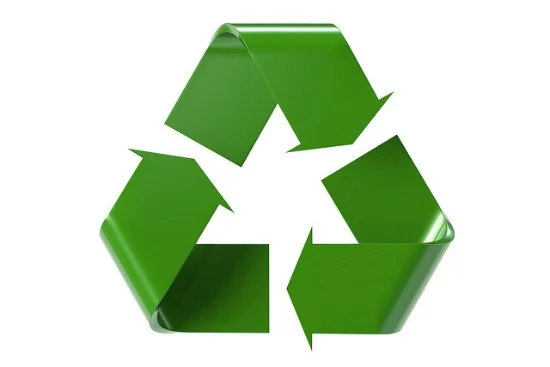This post may contain affiliate links. I only recommend products I use and love. Read the full disclosure here
Last Updated on January 21, 2022 by Alaina
Bringing eco into your home doesn’t have to be a chore – there are plenty of simple and effective ways to be planet-friendly.

UK households use around a third of the country’s total fuel every year and produce around the same amount in CO2 emissions. With that in mind, it’s worth taking a look at how you consume energy and water at home, and give thought to how your actions impact the environment.
Water Consumption
Every person uses around 55,000 litres of water every year, so any moves to cut back on that figure will be a big help for the planet. Better water management in the home can significantly reduce environmental impact by minimizing energy use and waste throughout the supply and consumption process.
It’s a good idea to turn your attention to your showers. Fitting eco shower heads that mix air with water flow can cut consumption by more than 50%. Fixing leaking taps can also help, as they can waste up to 13 litres of water every 24 hours. If your budget will allow, replace old taps with high quality eco taps that mix air with water to cut consumption by half. Fitting tap aerators can also reduce water use by around 50%.
Lighting Solutions
Your lighting is a prime target for eco innovation. Did you know that replacing a traditional 100 watt light-bulb with an LED bulb will cut electricity use by up to 85%?
Better still, the savings you make with these lights will normally repay the purchase cost within 12-18 months. LED lights also have an incredibly long life (up to 50,000 hours) and can last for more than a decade.
In a wider eco context, if every British household used just three LED lights, it would generate enough savings to cover the entire street lighting costs of the UK.
Heating
Another simple climate-friendly action to do at home is to turn down the heating by a single degree, as this will simultaneously save energy and cut heating bills by up to 10%.
Appliances
Home appliances are big energy users. It is estimated that we spend £2.2 billion annually on electricity to freeze or cool food and drink. Think about using less electricity by investing in a top-rated energy-efficient fridge-freezer, which will use 60% less energy than older models.
Turning off appliances and gadgets rather than leaving them on standby is also a good idea. We currently waste around millions a year in energy because we leave these items on.

Recycle
It’s also important to watch your household waste. It is estimated that an individual bins roughly their body weight in rubbish every three months. Remember that anything that gets thrown away is tough on the planet, so try to recycle whenever possible.
Spend some time finding out about the best eco-friendly materials you can use at home. It’s a no brainer to buy natural and organic materials, from recycled plastics to reclaimed wood and bamboo to fair-trade products.
You may also want to expand your green credentials by learning how to repair and recover old furniture and materials. And, if you have an artistic urge, why not find artists who use reclaimed or recycled materials. After all, every little bit helps!
Gardening
Take your eco-friendly actions outside by having a selection of well-tended plants that help clean the air as well as adding to the beauty of your outdoor space.
Long-term Solutions
If you have the budget, it may be worthwhile to consider installing double glazing, cavity wall insulation, loft insulation and energy-efficient household appliances that can last over 10 years.
About the Author
Mark Sait is managing director of SaveMoneyCutCarbon.com, a full-service efficiency partner helping businesses and households reduce energy and water consumption and cutting carbon emissions to improve sustainability.
Images:
Green via Flickr
3D Recycle Logo via Flickr
